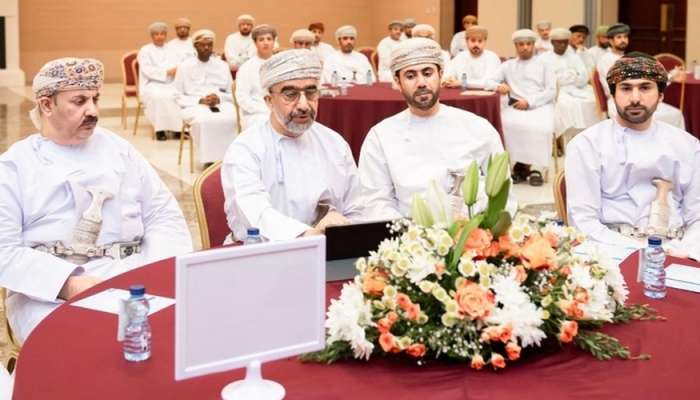The Directorate General of Health Services in South A’Sharqiyah Governorate recently celebrated the launch of the “National Survey for Non-Communicable Diseases”. The survey, which is set to take place at the governorate level, aims to gather essential data on non-communicable diseases in the region. This initiative is a crucial step towards improving the overall health and well-being of the residents of South A’Sharqiyah Governorate.
The launch ceremony of the survey was attended by Dr. Yahya Badr Al Ma’awali, the Governor of South A’Sharqiyah, who was the chief guest at the event. Also present at the ceremony was Sheikh Abdullah Mohammed Al Braiki, the Wali of Al Kamil W’al Wafi, where the event took place. The presence of such esteemed guests highlights the importance and significance of this survey in addressing the health needs of the local community.
Non-communicable diseases, such as diabetes, cardiovascular diseases, and cancer, are on the rise globally, including in Oman. By conducting this national survey, the Directorate General of Health Services aims to gather accurate and up-to-date information on the prevalence and risk factors of these diseases in South A’Sharqiyah Governorate. This data will enable healthcare professionals and policymakers to formulate targeted interventions and strategies to combat these diseases effectively.
The National Survey for Non-Communicable Diseases is a comprehensive and systematic effort to collect data on the burden of non-communicable diseases in South A’Sharqiyah Governorate. By conducting surveys at the governorate level, health authorities can better understand the specific health needs and challenges faced by the population in this region. This information will be invaluable in designing and implementing public health programs and policies that are tailored to the local context.
The launch of the survey reflects the commitment of the Directorate General of Health Services to promoting public health and preventing non-communicable diseases in Oman. Through collaborative efforts with various stakeholders, including government officials, healthcare providers, and community leaders, the Directorate General aims to create a healthier and more resilient society in South A’Sharqiyah Governorate. The success of this survey will depend on the active participation and support of all stakeholders involved in the data collection process.
In conclusion, the National Survey for Non-Communicable Diseases in South A’Sharqiyah Governorate is a significant step towards addressing the growing burden of non-communicable diseases in Oman. By gathering accurate data and insights on the prevalence and risk factors of these diseases, healthcare authorities can develop targeted interventions and strategies to promote health and well-being in the region. The successful implementation of this survey will require a coordinated and collaborative effort from all stakeholders, with the ultimate goal of improving the health outcomes of the residents of South A’Sharqiyah Governorate.











